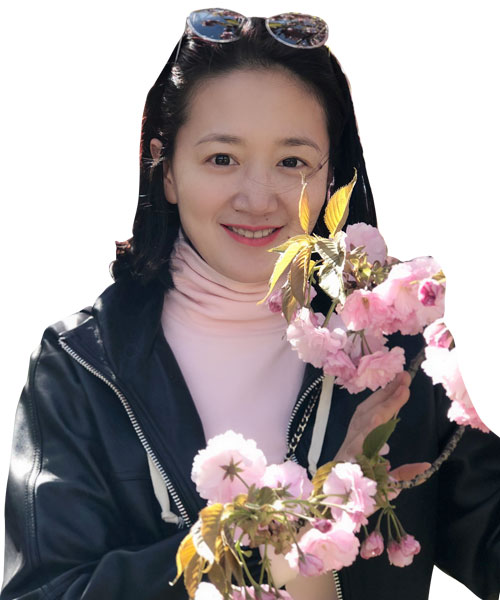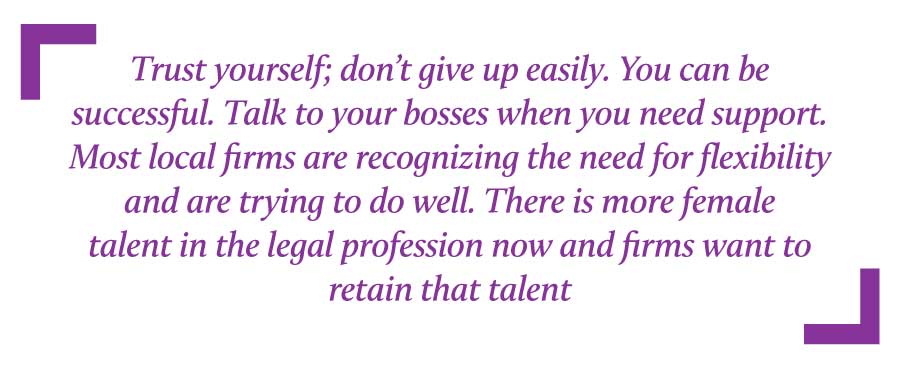How a supportive workplace makes partnership possible for new mothers
Fay Zhou worked at China’s Ministry of Commerce (MOFCOM) for eight years and completed a stint at O’Melveny & Myers before moving to Linklaters in Beijing as a partner and head of its China competition practice.
In Zhou’s view, women in China’s legal profession enjoy a fair degree of equal opportunities. “I wouldn’t say there’s no discrimination, but there isn’t much compared to Japan and Korea, for example, where there’s a glass ceiling and it’s still unusual to see women become managers or hold senior positions,” she says. “At least that’s the view among older generations in those countries. In China, there’s a general understanding that women should work and can move into senior positions.”

Partner & head of China competition practice
Linklaters, Beijing
In all her roles, Zhou has faced little or no discrimination. “A lot of my clients are quite senior female lawyers in their organizations. Even in government, the relatively senior officials I dealt with were also female. At MOFCOM we had a lot of female colleagues and the deputy minister back then was also a woman supervising the enforcement of anti-monopoly and fair trade policies. Of course, it was still rare to see female managers; there were more men. But I was lucky to have the deputy minister as a role model.”
Linklaters offered Zhou a partnership position on two occasions; once when she was pregnant, and the second time after the birth of her child. While the offer was tempting, Zhou toyed with the idea of going in-house with the knowledge that partnership would mean added responsibilities. Encouragement from Theresa Ma, the China managing partner at the time, and reassurance that Zhou’s family would participate in childcare, convinced Zhou to accept the position. “I wanted to show my baby girl how women could pursue successful careers, instead of having to give up on opportunities because of motherhood.”
Her own experience and Linklaters’ agile working policy has also benefited other new mothers who wish to return to work. “When I joined Linklaters, there were already two female partners, one of whom just had a daughter. I then had pregnant women in my own team, and I knew when they might need more time with family. I gave them recommendations about working from home and managing their time because I understood their predicament. More women in senior positions would definitely improve the situation.”
While attitudes at international law firms are changing, the experience of women at local law firms can be very different. “If we look at the vast majority of local firms, issues of flexible work arrangements and unequal pay may still exist,” says Zhou.
China’s cultural norms also still dictate that women must shoulder the burden of domestic responsibility in addition to work, admits Zhou. “The cultural perception of women and the view that they should assume more, or even full, family responsibility compared to men, is the biggest challenge in China.”
Sharing best practices could change this. “There was an initiative led by the British Embassy to promote the working status of women in China,” says Zhou. “Companies shared their experience of childcare support … so these initiatives really help. It’s not just about promoting equality but changing practice.”
Senior women lawyers across Asia share personal stories of successes, struggles and strategies for a more inclusive legal profession. The following mosaic of personal stories identifies some of the nuances that typify women’s experiences in particular Asian jurisdictions, while also drawing on the wealth of shared experiences that bind them.


























